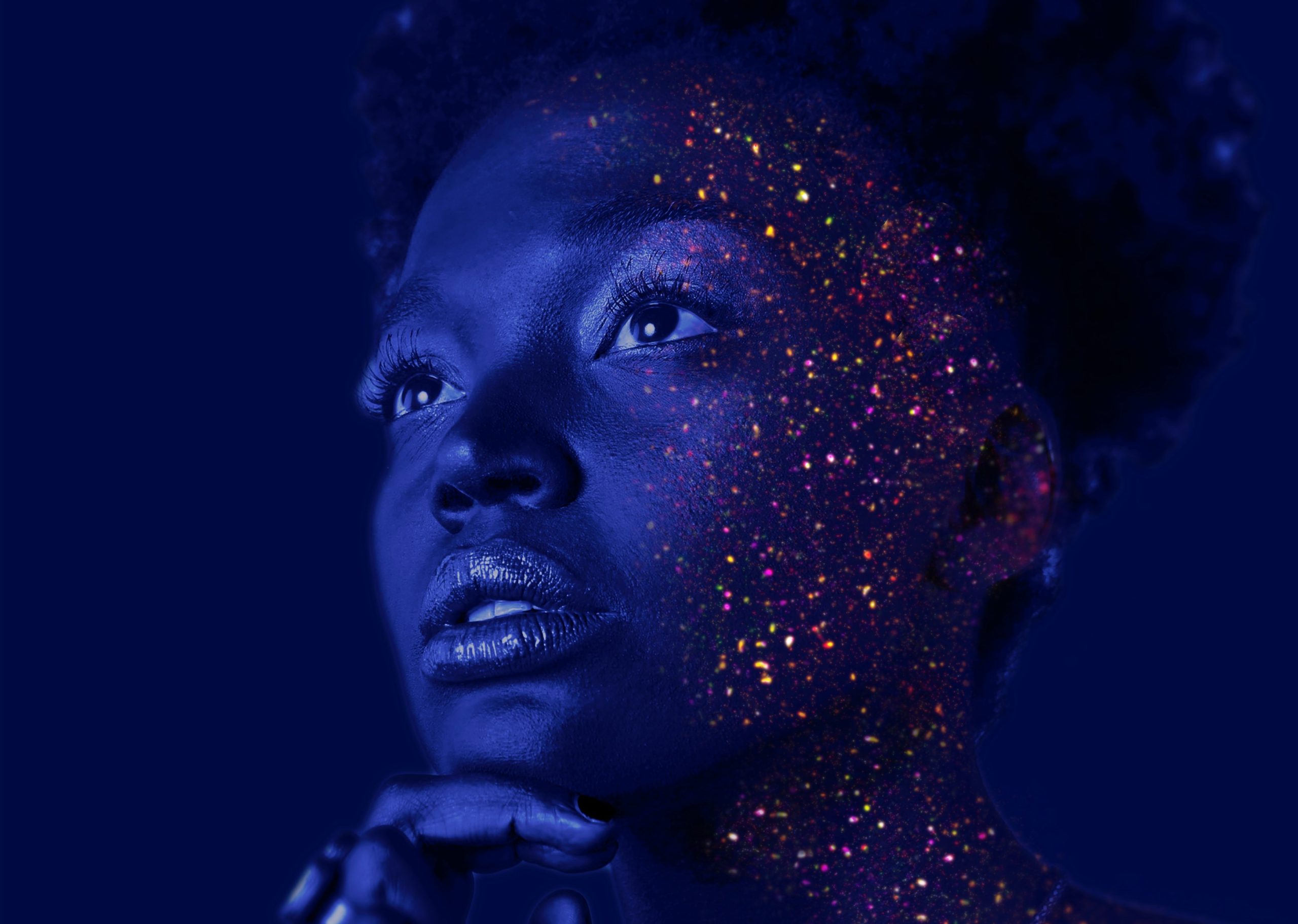The Artist vs. the AI: Who Will Win?

Today, authors and artists have been responding to AI’s influence in the world of creativity by challenging what it means for us as humans to interact with technology. Recently, the new AI tool called ChatGPT has raised questions about its impact on human creativity when it offered up to the public paragraphs from Alegre’s book Freedom to Think without giving her due credit, and instead misattributed it to male authors. “ChatGPT said I did not exist, although it quoted my work. Apart from the damage to my ego, I do exist on the internet, so it felt like a violation,” she says. The issue sparked a debate about how artificial intelligence will affect their roles in the creative industry going forward. So, who will win out in this battle between man and machine? Let’s look at how this is playing out.
How Creatives Are Fighting Back Against AI
One of the biggest fears surrounding ChatGPT and other AI tools is that they could potentially replace human creativity. If a machine can generate stories, poems, or dialogue as well as a human creator can—or even better—then why bother having humans do this kind of work? This raises important questions about the future of creativity in an increasingly automated world.
In light of these challenges posed by AI tools like ChatGPT, creators have begun to fight back by using technology to their advantage. For example, many artists have started using machine learning algorithms to create unique and interesting works of art that combine traditional art styles with computer-generated visuals. Similarly, some writers are using NLP algorithms to generate stories and dialogues that are both fresh and original. By embracing technology instead of shying away from it, these creators are finding ways to make their work stand out from the crowd in an ever-evolving digital landscape.
The Pros of AI Creativity
On one side of this debate are those who believe that AI can be used to create compelling works of art and literature. Proponents point to systems like GPT-3—Google’s latest iteration of its language processing technology—which has been used to generate everything from poetry to video game dialogue. These advocates argue that AI can be used to supplement human creativity by providing novel ideas or perspectives that would otherwise not be available. Additionally, they maintain that using AI-generated content can save time and money for companies looking for quick turnaround times on projects.
The Cons of AI Creativity
Those opposed to relying on AI creativity point out that while these systems may be able to produce passable content, they lack the nuance and subtlety that truly great works require. Furthermore, they argue that by relying on machines for creative endeavors, humans are missing out on valuable opportunities for personal growth through self-expression. They also worry about what might happen if these technologies get into the wrong hands, such as political or commercial entities attempting to manipulate public opinion with bogus content generated by an algorithm.
Creators everywhere are faced with the challenge posed by artificial intelligence tools like ChatGPT. On one hand, these tools could potentially replace human creativity if they become too advanced or too widely used. On the other hand, creatives are fighting back by embracing technology and finding ways to use it to their advantage in order to create unique works that stand out from the crowd.
The debate between humans and machines is far from over when it comes to creating authentic art or literature but this experiment did show us one thing—that AI can be used in fascinating ways if used correctly. It’s clear that there is still progress needed for AI-generated content before it can compete with human creativity but maybe someday soon we will see robot writers taking over the literary world! Whether these efforts will be enough remains to be seen; however, one thing is certain—creative minds will always find a way!

